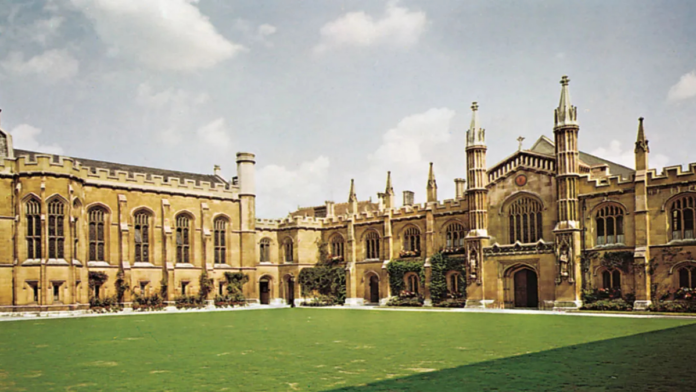As a part of the global drive for practical quantum computers and quantum networks, an international team of researchers at the University of Cambridge has made a development to retain the quantum coherence of quantum dot spin qubits.
Quantum dots are crystalline structures made out of many atoms. Every atom consists of a magnetic dipole moment that couples to the quantum dot electron and will suffer the loss of quantum information stored in the electron qubit.
Claire Le, who led the project from the University of Cambridge’s Cavendish Laboratory, mentioned that the development is a new regime for optically active quantum dots where you can switch off the interaction with nuclei and refocus the electronic spin over and over to find its quantum state alive.
While exploring the hundred-microsecond timescales for the first time, researchers were surprised to find that the electron only sees noises from the nuclei. Another thing that surprised the researchers was the sound from the nuclei. It was not as harmonious as initially anticipated, and there is a scope for further improvement in the system’s quantum coherence.
Read more: New Zealand Startup claims a sensory feeling of robots


